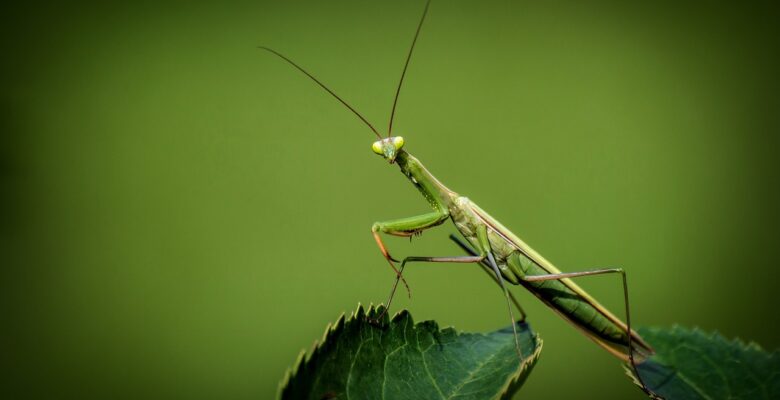One of the very few positives of having just endured a double whammy of this new strain of Covid is having time to read. Being confined to bed gazing at cloud curtains and yet more rain isn’t my idea of summer, so I had a word with myself. I was not spending a week in bed doom-scrolling. Instead, I set myself the target of reading at least one new book.
As a life-long book nerd, it wasn’t that tough; although the magnetic pull of the mobile (even my cranky second-hand job, pardon the pun) is strong, so is the attraction of the Bitch. In this particular case I’m talking about Lucy Cooke’s feisty investigation – of the single word title – based on the brilliant simple question, ‘what does it mean to be female?’
Lucy is a zoologist and her book dissects Darwin’s theory of evolution, focussing on his outdated and repressed views of women, and many other females, especially regarding sexuality and our appetites for power. Did you know that killer whales (also known as orcas) are led by matriarchs? They’re also one of the rare creatures where females go through the process of menopause; plus researchers now believe they ‘experience a range of emotions from joy….to despair’ and that ‘there are dimension to that emotional [orca] rainbow that we don’t have and are hard for us to grasp.’
Bitch highlights the lives of lesbian albatrosses, female hyenas with astounding penis-like clitorises who dominate their males, and the chilling murderous regimes of naked mole rats, where the expiry of the Queen rat provokes a literal fight to the death. Oh and you must read about the mating habits of the delicate, deadly creeping mantis (see image above; I once had a resident mantis in my house in Bangui in Central Africa but that’s a whole another story)….. Bitch is a violent, compelling, juicy book that powered me through last week.
And like all good books, it leaves you with pervading questions. In my case, do the levels of violence within and across animal kingdoms, including violence and cruelty wreaked by females, make me feel better or worse about the violence and cruelty of humans? Here I am conflicted. On one level I actually find it reassuring that we are not the only species that bully and kill each other (make of that what you will).
And yet.
Peaceful species, like the much-loved bonobos (who rely on sexual pleasure for a lot of conflict resolution wouldn’t you know) are in the absolute minority; one of the aspects that does set us apart is that we humans are so cocksure of our evolutionary superiority, yet often so mindfully and mindlessly violent to each other, frequently without interrogating why.
I’ve spent a big portion of my life working to address violence against women and girls, and see before me only increasing waves of misogyny that manifest in physical and sexual violence and murder. In this sense, what I took from Bitch, and other books I’m reading as part of my own research for a new book I am just starting, is that we have constantly misjudged, misunderstood and undermined the female of the species, who so often outpaces our expectations with her own agendas.
Zooming back to humans, it takes inordinate strength for women to continue challenging our marginalisation in academia (including studies of evolution) and the numbing normalisation of violence and misogyny – And we will continue challenging all these until women and girls are respected and safe.
Bitch helped me reflect on how being a bitch is powerful; I am reclaiming it as a super-power. As they frequently say in Paris, and not only at the Olympic games, Fluctat nec mergitur.

